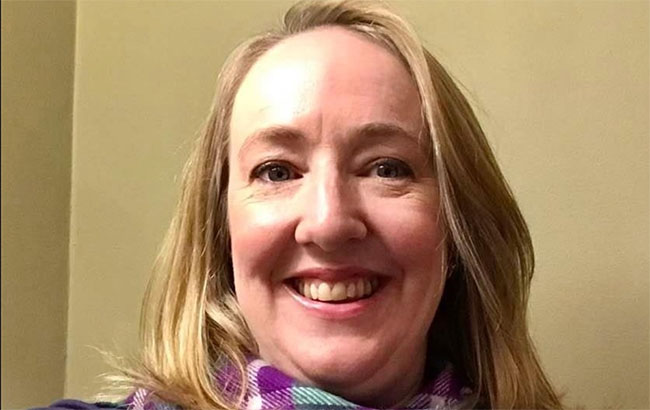In yet another blow to free speech in Australia, Jasmine Sussex, a Victorian breastfeeding expert, is being taken to the Queensland Civil and Administrative Tribunal for saying that only females can breastfeed their babies
by David James
In yet another blow to free speech in Australia, Jasmine Sussex, a Victorian breastfeeding expert, is being taken to the Queensland Civil and Administrative Tribunal for saying that only females can breastfeed their babies.
Sussex argued that males who take drugs to lactate should not be experimenting on children, describing it is a “dangerous fetish.”
Her tweets about an Australian male breastfeeding his infant with a cocktail of lactose-inducing drugs was removed by X (formerly Twitter) for Australian users, although it remained visible to overseas users. The move came after requests from a “government entity or law enforcement agency”, according to Twitter. Sussex was told she had “broken the law” although it was not made clear what law that was.
Sussex was also sacked from the Australian Breastfeeding Association (ABA) for refusing to use gender neutral language. She is one of seven counsellors to be formally investigated by the ABA leadership and one of five to be sacked.
The complaint against Sussex is being brought by Queenslander Jennifer Buckley in Queensland’s Civil and Administrative Tribunal. Buckley was born male and later identified as a woman and “transitioned.” Buckley acted after a transgender parent complained to the Queensland Human Rights Commission.
Buckley reportedly biologically fathered a baby through IVF and is raising the child with his wife. He posted on social media about taking hormones to grow breasts, explaining: “For the past six weeks I have been taking a drug called domperidone to increase prolactin in an attempt to be able to produce breast milk so that I can have the experience of breastfeeding.”
The case is not just about suppressing a person’s right to say what most would consider to be a statement of the obvious. It raises fundamental questions about how the law is to be crafted and applied.
A legal system depends on clear semantics, the definition of words. The potential confusion that can be created by not having a clear understanding of a person’s sex was exposed in the hearing for US Supreme Court applicant Judge Ketanji Brown Jackson. Asked to define what a “woman” is, Jackson replied: “I can’t,” adding that she was not a biologist.
The problem here is that, if you cannot define a word, then how can you use it properly in a court of law? For example, if you do not know what a “woman” is, then how can you be said to have transitioned from a man to a woman, as Buckley is claiming?
This definitional problem has been cynically fudged by mixing up the words “gender” and “sex.” It is claimed that there are 72 genders, by implication turning the question of physical sex into a matter of identity and personal psychology. There are presumably only two sexes.
That is the kind of rhetorical move made by Buckley, who said Sussex’s comments were “hurtful” because he was looking to have “the experience of breastfeeding.” This is analogous to saying that gender differences should be reduced to matters of personal perception, not observable physical characteristics.
In that sense, Sussex and Buckley are talking past each other; the words they use do not have the same meaning. Sussex is saying that objectively only “women” can lactate naturally. It is true that with drug assistance it is possible for “men” to mimic breast feeding to a limited degree. But that is artificial. It is not natural breast feeding. Sussex, who is an experienced consultant on breast feeding, also warns there may be medical issues with “male” breastfeeding that need further examination.
Buckley is arguing that her/his personal experience (of breastfeeding) is what matters and that anyone who questions that is infringing on his rights. He wants to be understood as a “woman” who was a “man”, although he reportedly still possesses male characteristics, such as being able to father a child. This is possible because he feels that way, it is how he “identifies”. But the fact that he has to undergo drug treatment indicates that in a physical sense he is a “man”.
In law, there is always a preference for physical evidence over what people say they are thinking or feeling. The latter is often changeable and difficult to demonstrate; it is poor quality evidence. There should also be an insistence on having an unambiguous understanding of the meaning of words.
On that basis Sussex, who is being represented by the Human Rights Law Alliance, should be able to defend herself effectively. But there is little reason to have confidence in the Australian legal system. It has shown itself to be highly susceptible to politics. The bullying of people who say things once thought to be self-evident may yet continue.



